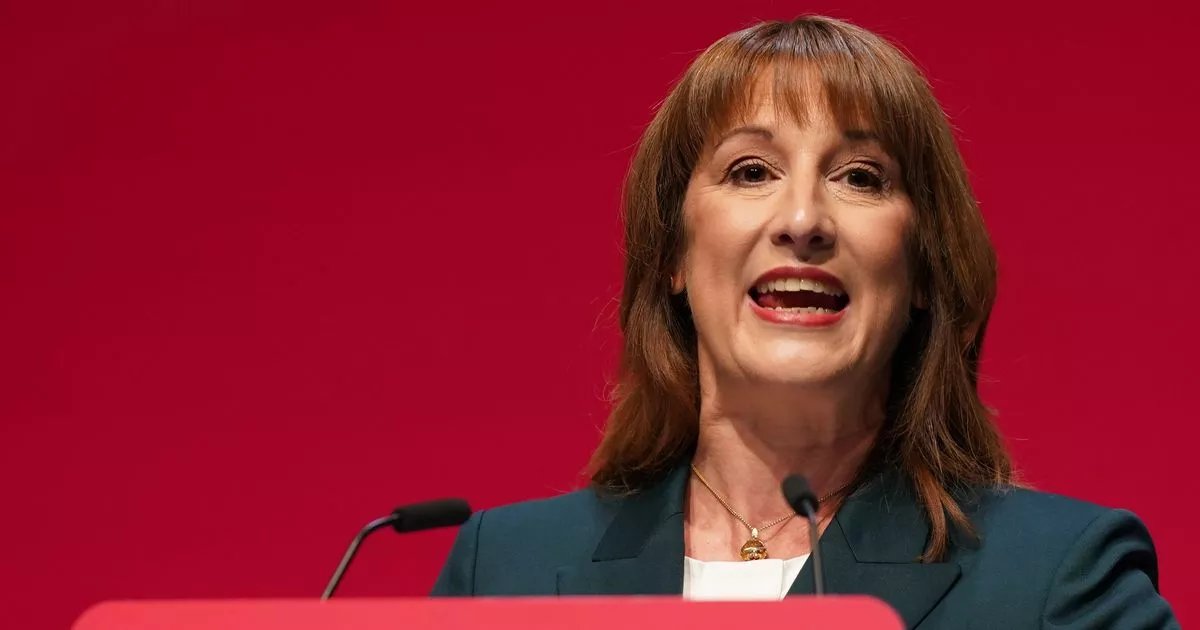Amid concerns over a significant deficit in public finances, there is growing speculation regarding potential tax increases in the upcoming autumn Budget. While discussions have included the prospect of raising VAT, such a move could draw criticism towards the Labour party due to previous pledges against taxing working individuals. The current Chancellor, Rachel Reeves, has hinted at a possible shift in tax policy, leading to uncertainty around Labour’s stance on the matter.
Key figures within the government, such as Darren Jones, have refrained from confirming whether the Labour party will uphold its manifesto promise regarding tax hikes. Reports suggest that a VAT increase may not be on the horizon. However, understanding the implications of VAT adjustments is crucial, given its substantial contribution to government revenue.
VAT, or Value Added Tax, is applied to various goods and services by VAT-registered businesses. It serves as a significant revenue stream for the Treasury, projected to generate £180.4 billion this fiscal year. Options for VAT alterations include raising the standard rate from 20% to 21%, which could yield approximately £8.8 billion, or adjusting the reduced 5% rate to generate around £490 million.
Approximately half of all products and services are subject to VAT, with a standard rate of 20% and a reduced rate of 5% applicable to certain items like household energy bills and children’s car seats. Post-Brexit, the UK has the autonomy to set its own VAT rate within a range of 15% to 25%.
Certain goods and services are zero-rated for VAT, including essential items like food, books, newspapers, and children’s clothing. Any broad VAT increase carries the risk of impacting working individuals through potential price hikes.
Exploring targeted VAT adjustments, such as imposing VAT on specific goods or services, presents challenges. For instance, proposals to tax private healthcare or revise VAT rules on solar panels come with complexities and potential repercussions.
Experts suggest alternative approaches, like levying VAT on unhealthy food items currently zero-rated, to align with existing tax standards on confectionery. Additionally, tightening VAT regulations for small businesses, potentially lowering the registration threshold, could have mixed effects on their operational costs and benefits.
Considering the implications of VAT modifications on various sectors and households, the government faces a delicate balance in addressing financial needs while minimizing adverse impacts on the economy and individuals.
